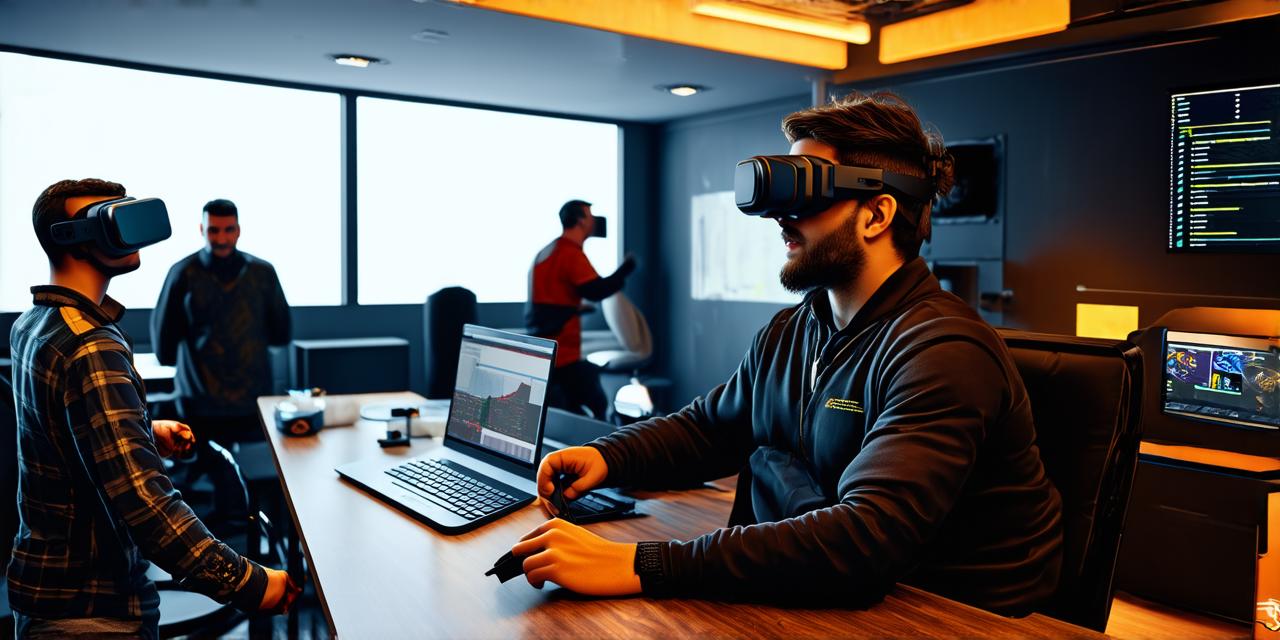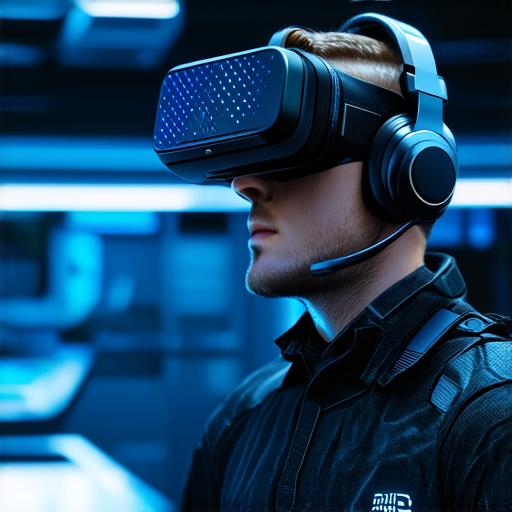
What does a virtual reality developer do?
Virtual reality (VR) is a rapidly growing technology that has the potential to revolutionize many industries, including gaming, education, healthcare, and more. As the demand for VR experiences continues to grow, so does the need for skilled developers who can create immersive and engaging virtual worlds.
What is Virtual Reality?
Virtual reality is a technology that allows users to experience a simulated 3D environment as if they were physically present in it. This is achieved through the use of specialized sensors, displays, and other hardware that track the user’s movements and adjust the virtual world accordingly. VR has been used for a variety of purposes, including gaming, education, training, and therapy.
What Does a Virtual Reality Developer Do?
Virtual reality developers are responsible for creating and designing virtual environments, experiences, and applications. They use a range of software and hardware tools to create and test their creations, working closely with artists, designers, and other professionals to bring their vision to life. Some of the key tasks that a VR developer may be responsible for include:
- Designing and creating virtual environments, including buildings, landscapes, and other objects and structures
- Developing interactive elements, such as characters, objects, and AI systems
- Creating user interfaces and controls that allow users to interact with the virtual world
- Optimizing the virtual environment for performance and usability
- Testing and debugging the virtual experience to ensure it is stable and runs smoothly

Skills and Technologies Required for Virtual Reality Development
Virtual reality development requires a range of skills and technologies, including:
- Programming languages: VR developers must be proficient in programming languages such as C++, Java, or C, which are commonly used to develop VR applications.
- 3D modeling and design: Knowledge of 3D modeling software such as Maya, Blender, or SketchUp is essential for creating virtual environments and objects.
- Game engines: VR developers must be familiar with game engines such as Unity or Unreal Engine, which are commonly used to create VR experiences.
- Virtual reality hardware: Understanding of virtual reality hardware such as headsets, sensors, and controllers is critical for developing VR applications.
- User experience (UX) design: VR developers must be skilled in UX design, which involves creating intuitive and user-friendly interfaces that allow users to interact with the virtual world.
Summary
Virtual reality development is a complex and challenging field that requires a range of technical and creative skills. As the demand for VR experiences continues to grow, the need for skilled developers will only increase. If you are interested in pursuing a career as a virtual reality developer, it’s important to gain a strong foundation in programming, 3D modeling, game engines, and UX design, and to stay up-to-date with the latest technologies and trends in this exciting and rapidly evolving field.


